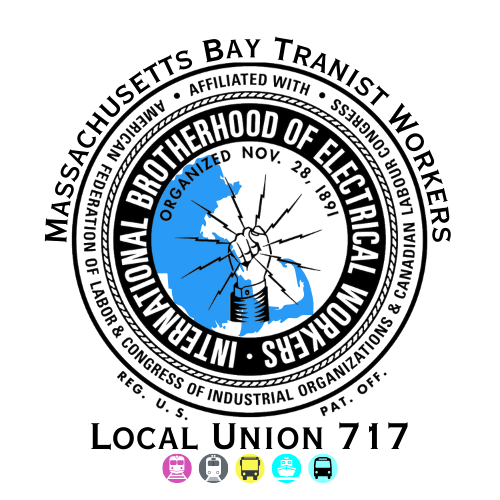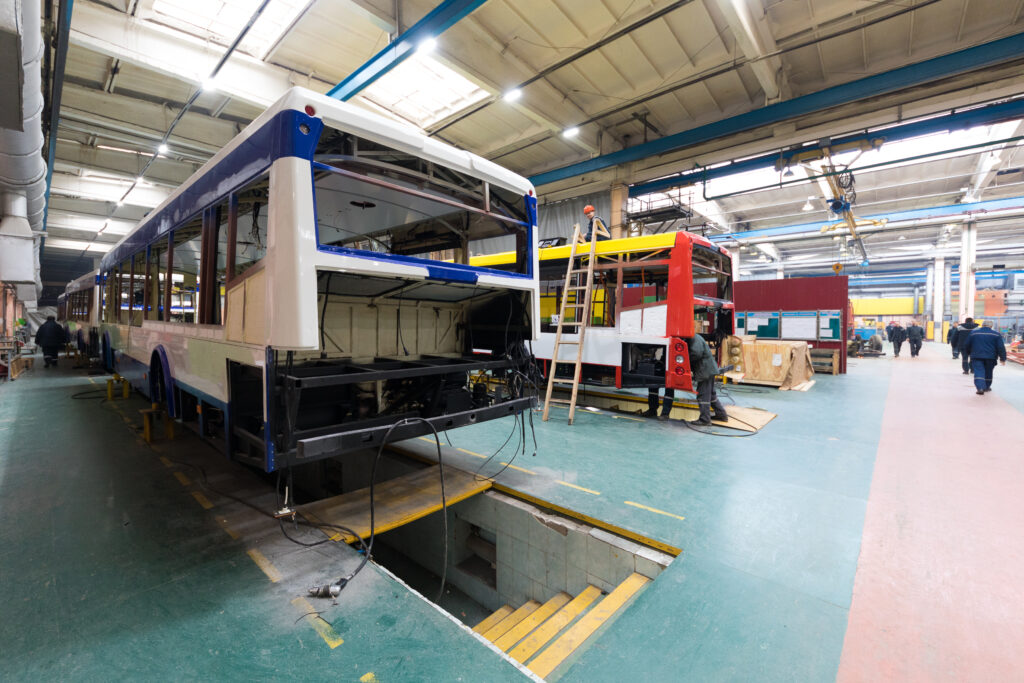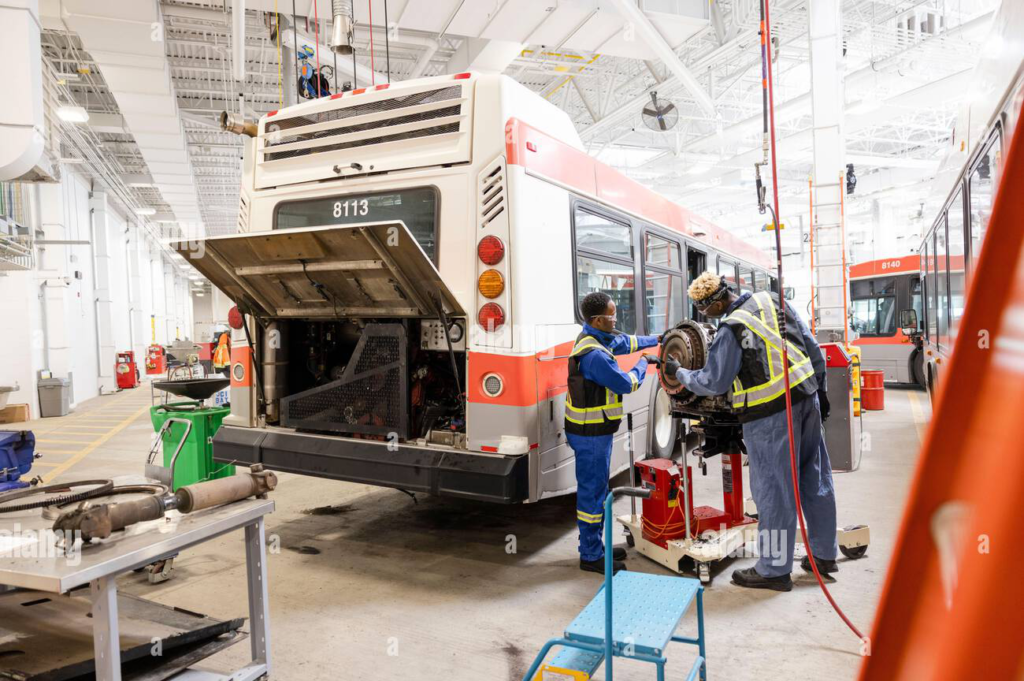Standing strong
IBEW Local 717
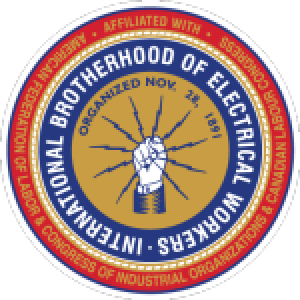
Chartered March 20, 1912
IBEW Local 717
IBEW Local 717 represents the skilled transit shop mechanics of the Massachusetts Bay Transportation Authority (MBTA). These professionals play a vital role in maintaining and repairing the transit system’s fleet, ensuring safe and efficient public transportation for the Greater Boston area. Local 717 is part of the International Brotherhood of Electrical Workers, advocating for fair wages, quality working conditions, and training opportunities for its members. Through their expertise and dedication, Local 717 mechanics help keep the MBTA running smoothly, serving millions of commuters daily.
IBEW - ONE UNITED VOICE
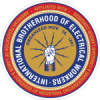
At IBEW 717, we are dedicated to building a brighter future for workers in Massacheutts. Join us to access top-notch training, secure job opportunities, and long-term career stability.
By becoming a member of IBEW 717, you’ll benefit from higher wages, stronger job security, and a dependable career path. Provide for your family, grow in a lasting profession, and take pride in the work you do.
Signing a union card is just the first step of a thorough process in determining whether a company wants to obtain a union contract. To obtain this contract, a majority of the employees must sign union cards, authorizing them in collective bargaining with their employer. A petition can then be filed with the NLRB (National Labor Relations Board), requesting that a secret ballot election be held to confirm that a majority of employees want the union. If that majority votes in favor of the union, the NLRB will certify the union as the official bargaining representative.
Unions are about a simple proposition: By joining together, working women and men gain strength in numbers so they can have a voice at work about what they care about. They negotiate a contract with their employer for things like a fair and safe workplace, better wages, a secure retirement, and family-friendly policies such as paid sick leave and scheduling hours. They have a voice in how their jobs get done, creating a more stable, productive workforce that provides better services and products. Always adapting to the challenges of our nation’s evolving workforce, unions are meeting the needs of workers in today’s flexible and nontraditional work environments. No matter what type of job workers are in, by building power in unions, they can speak out for fairness for all working people in their communities and create better standards and a strong middle class across the country.
Why is the company opposed to unions?
The union acts as the voice of individual employees. Unions challenge unfair or arbitrary decisions made by an employer or company. A union ensures that the individual employee takes part in decisions regarding issues such as hours of work, level of wages and salaries, job assignments, and safety. Companies sometimes forget that the success or future of the company is a direct result of the employees. Therefore, employees must have a say in the future of the company. A union only maintains a sense of democracy within a company and should be considered a constructive influence.
Could the union force the company to do away with work rules?
No. However, if you find those rules unjust or discriminatory, the union, as a collective bargaining agent, can help ensure that your workplace is operated fairly.
Could the union tell the company how to run its operation?
No. The union acts as the collective bargaining agent in matters concerning wages, hours and conditions of employment. A union does not run the company
in which you work; it provides you the right to have someone represent you on matters with which you disagree with the company.
Can the union require the company to replace supervisory personnel with people of the union’s choosing?
No. It is management’s prerogative to select supervisory personnel.
Can the union automatically get employees the things that the union had promised?
The union will not make promises to you about any issue that it cannot deliver on. Although nothing is automatic, union success in bargaining is evident. It has already been mentioned that 150,000 collective bargaining agreements have been made in recent years with a majority of employee issues being satisfied.
Is the company allowed to speak out against the union?
Yes. And it is very likely they will. It is in the employers best interest (not yours) to keep the company union-free. Your employer will tell you anything, even lie to you, to remain union-free. On the other hand, it is in the union’s best interest to be as up-front and honest with you and also to let you know the type of tactics that will be used by your employer.
Are there things that a supervisor cannot do about our union activities?
The following are examples of employer conduct that interferes with the rights of employees:
- Threatening the loss of jobs or benefits
- Threatening employees about their union activity
- Promising or granting promotions, pay raises, or other benefit in return for being against the union
- Discriminating or firing employees to discourage unionism.
- If any of these Section 7 violations do occur the union will file charges with the National Labor Relations Board on your behalf. You have the legal right to support and join a union of your own choosing and will make sure that right is not interfered with by unscrupulous employers.
One of the top benefits of being a union worker is that you enjoy a better wage as compared to your non-union counterparts.
“Economic research shows that unionized workers typically receive higher wages than otherwise comparable non-union workers. This “union wage advantage” is greatest for people who would otherwise be lower-paid workers. This group notably includes workers with less formal education and skills, younger and less experienced workers, and women and workers of color who experience discrimination in the job market.” The Broadbent Institute Union workers are also more likely to enjoy consistent pay raises on a regular basis. With a non-union job, the employer can set the wage without any formal bargaining process or input from the employees.

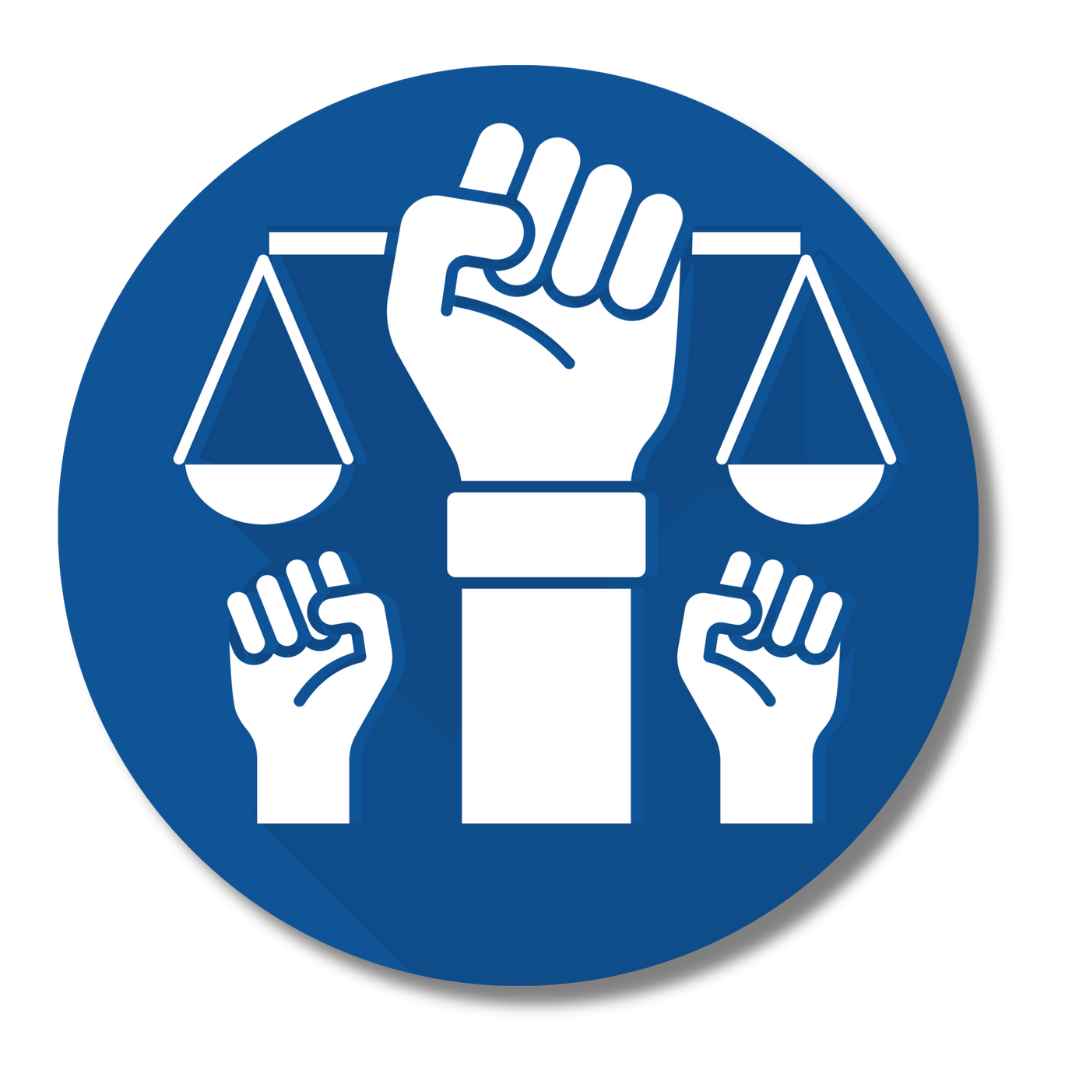
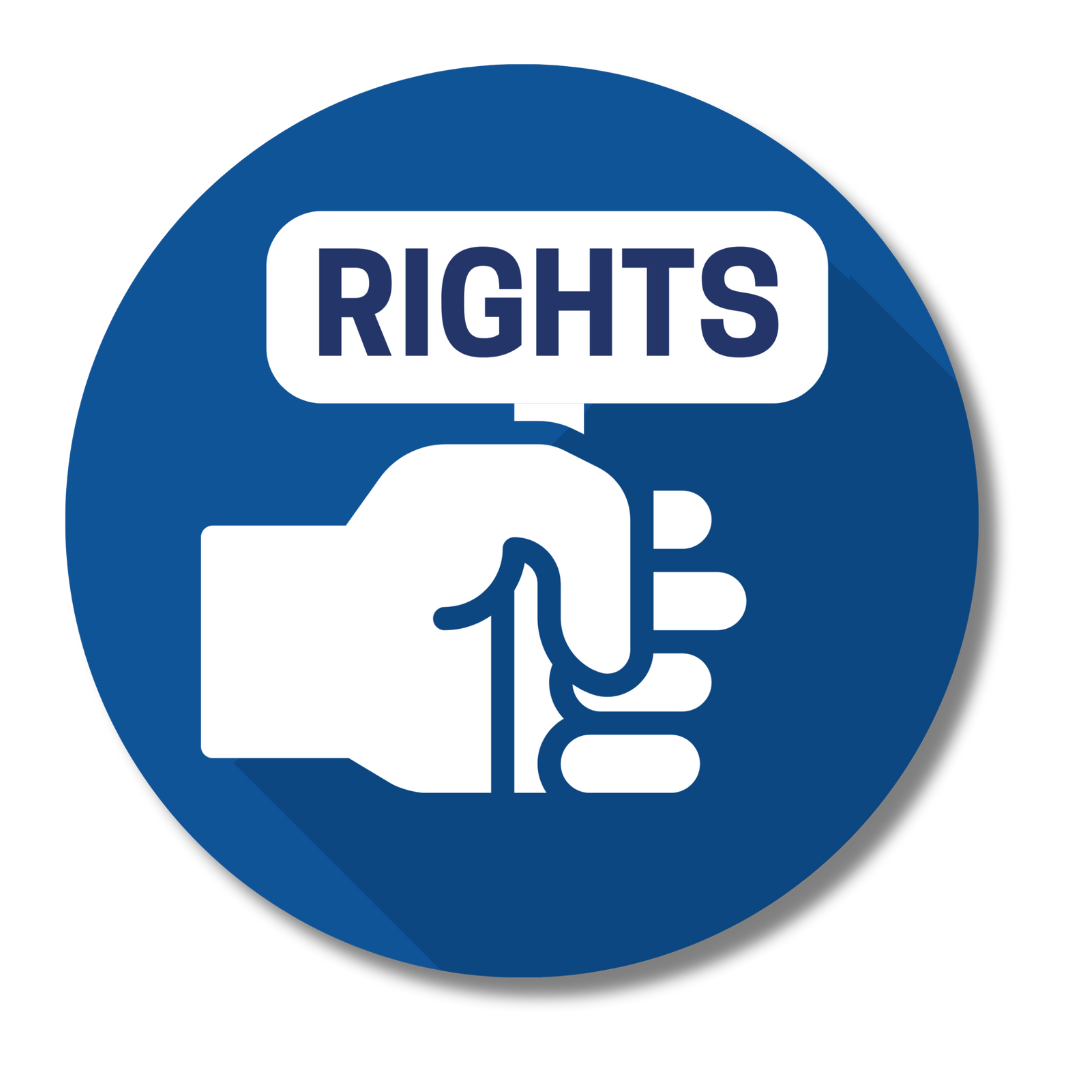
There are several reasons workers join or form unions.
- At-Will Employment vs. Working under a Collective Bargaining Agreement (CBA) Absent a contract stating otherwise, employees are presumed to be at-will employees. That is, they’re employed at the will of their employer. Their employer unilaterally sets all the terms and conditions of employment, can change them any time it wants and for any reason it wants. An employee’s only choice is “take-it or leave-it.”
- By contrast, workers who form unions and negotiate a contract with their employer are employed under the terms and conditions of that contract. The employer cannot change the terms and conditions of the contract without the union agreeing to those changes, and is legally bound to honor that contract. The contract between a union and an employer is commonly referred to as the Collective Bargaining Agreement or CBA.
- The union can’t control how your employer behaves so we can’t promise that it won’t violate the law. However, any threats, coercion, or retaliation by the company will result in the union filing Unfair Labor Practice Charges with the National Labor Relations Board.
- You can learn more about your rights under the National Labor Relations Act by visiting the NLRB’s website: nlrb.gov.
- Here are 35 things that employers sometimes do that violates the law. “35 Things The Company Can Not DO Flyer.”
- Most employers who learn that their employees are forming a union will bring in their own specialists. They may call themselves union avoidance consultants, or labor relations consultants, but their job is to convince you to remain at-will employees. These well-paid consultants orchestrate and carry out the employer’s campaign against the union.
- The management will likely hold captive audience meetings to talk to employees about unions and how bad it would be if one were to come into this workplace. High-level managers and corporate executives often speak at these meetings too. The meetings are held during the workday, so attendance is mandatory. They often include lunch or a pizza party.
- The goal of the union buster is to create fear and doubt among the employees.
- They’ll ignore the fact that you and your coworkers are forming this union and portray the union as “a third-party of outsiders” coming in to disrupt the great relationship that currently exists.
- They’ll portray the union as a business, saying you’re just customers that the union needs to stay in business. They’ll ask, “Why would want to pay money to a union?
- They’ll admit they may have made some mistakes and weren’t aware that employees weren’t happy. This is followed up with the promise to make things better if you give them one more chance.
- They’ll try to discourage you by saying that organizing will be an act of futility, or that you may end up with less than you have now. (For one, this is an unlawful threat, and two, it’s not true. No contract goes into effect unless it’s voted on and accepted by the workers, and why would you vote to accept a contract that wasn’t beneficial to you?) Click Here for more info on how. “Bargaining does not start from a blank sheet of paper.”
- For more things employers say to dissuade employees from forming unions, click on “12 Dirty Tricks You Should Know About.”. Because employers need a majority of the employees to vote against the union, you can expect to be treated with the respect you’ve long deserved. This is by design, as it’s a proven tactic to make employees feel things are better now and maybe we don’t need a union after all. (Hint: It goes away as soon as the threat of forming a union goes away, and things go back to the way they had always been.)
- You should be prepared for lies and false statements made by your employer. The NLRB will not investigate false statements and lies made during an organizing campaign because it feels it’s the workers’ responsibility to distinguish fact from fiction. As such, it is imperative that you do your research and determine for yourself who is telling you the truth and who is lying to you.
- First, it’s important to again recognize that you and your co-workers are forming this union. Using your union to harm the employer would obviously not be in your best interest and is therefore not something you would do.
- Second, the IBEW is by no means anti-employer. It fully recognizes that employers and employees are co-dependent on each other, and when companies prosper it provides opportunities for workers to prosper too.
- When employees form unions and engage in collective bargaining, they’re doing so to protect their interests and help assure they’re not trampled on as their employers seek to increase profits.
- Some employers respect their employees’ right to choose to form a union and negotiate collectively, or remain at-will employees.
- Some employers prefer this relationship, as it stabilizes the workforce, helps it retain experienced and valuable workers, and helps them to project their labor costs in the coming years.
- That being said, most employers prefer the “At-Will” employment relationship because it allows them to call all the shots unilaterally. It allows them to make changes anytime it wants and for whatever reason. Having their employees take advantage of the National Labor Relations Act creates an unwanted counter to management’s ultimate power, so you can at least expect the company to try and persuade you that you are better off being union-free and campaign against the union.
- Further, workers in IBEW organizing campaigns don’t pay any dues whatsoever until the election is won, a first contract has been negotiated, and that contract has been voted on and accepted by a majority of the employees in the bargaining unit.
- The IBEW also waives initiation fees for new members joining the union as a result of an organizing campaign.
- The NLRB requires that employees demonstrate a minimum showing of interest before it will come in and conduct an election. It requires proof that at least 30% of the workforce is interested in collective bargaining.
- As such, the union must first determine what it feels is an appropriate bargaining unit.
- The IBEW then asks employees in this bargaining unit to sign an “Authorization Card.” These cards are used for two purposes. (1.) They show IBEW who supports forming a union. (2) They show the NLRB there’s a sufficient number of interested employees for them to hold an election.
- Can I be fired for signing a card? It is clearly unlawful for an employer to retaliate against anyone for signing a card. Additionally, these cards are treated as strictly confidential by the IBEW and the NLRB. (Unless you tell someone you signed one, no one will ever know.) Cards can be submitted electronically from this website, further assuring confidentiality.
- Can I sign a card and still vote NO? Yes, the cards only get you to an election. It’s the votes cast during that election that determines if the majority supports the union and collective bargaining.
- If enough employees sign authorization cards, IBEW will file a petition with the NLRB that asks them to come in and hold a secret ballot election.
- On this petition, the union lists the employer and location, and a description of the bargaining unit. Not the names of the employees, but a list of classifications to be included, as well as those to be excluded. (Managers, supervisors, and security guards are automatically excluded by law.)
- The employer receives a copy of the petition, but not the authorization cards. They go directly to the NLRB who also won’t reveal who signed them, or even how many employees signed them.
- The NLRB will try to get the union and the employer to mutually agree to the election details and bargaining unit. This happens 90% of the time, and when it does the parties sign a stipulated election agreement outlining the bargaining unit, and when and where the election will be held.
- Sometimes an employer will challenge the make-up of the bargaining unit. (It has the right to make a challenge, but it can’t dictate what it will be.) If the Company were to challenge the make-up of the petitioned-for unit, the NLRB listens to the arguments from both sides and makes the final determination of who is included and who is excluded, and when and where the election will be held.
- The amount of time between the union filing the petition and the actual election is typically four to six weeks. The process may be delayed if the employer challenges the petitioned-for bargaining unit, and some employers use challenges as a delay tactic.
- It’s important to understand that workers don’t hire a union, or bring in a union, they join together with their co-workers to form the union. The reason they do this is because it’s the only means workers have to compel their employer to bargain with them in good faith for a written contract. The IBEW has experienced representatives and negotiators to lead the way, but the issues proposed by the union during negotiations are those the workers themselves bring forward. You’re forming a union to accomplish as a group what you can’t as individuals.
Workers in the United States have a law that gives them the right to join or form unions if they so choose, and it’s unlawful for an employer to threaten, coerce, or retaliate against any employee who chooses to exercise those rights. It’s called the National Labor Relations Act (NLRA), and it was passed in 1935.
Under the NLRA, employees have a right to engage in concerted activities with co-workers for mutual aid and protection. They can discuss workplace issues with each other such as pay rates, benefits, how they’re being treated by management, etc. Any retaliation by an employer against employees because they’re engaging in this type of activity violates federal law.
How do we determine if a majority of the workers in our bargaining unit want to form a union and negotiate collectively with the Company for a written contract? The National Labor Relations Board, the federal government agency that oversees this law, comes in and holds a secret ballot election.
If this union is supported by the majority of the employees and the election is won, Shell must recognize the union as the collective bargaining representative of the entire group and bargain with it in good faith for a written contract. It would be unlawful to refuse to bargain with your union.
If the majority of the workers vote YES, the NLRB certifies the union as the workers’ collective bargaining representative. At this point, the employer can no longer make unilateral changes to the current terms and conditions of employment and must maintain the “status quo” while negotiating with the employees for a written contract.
If the majority of the workers vote NO, the union is not certified as the employees’ collective bargaining representative, and all remain “at-will employees.”
- Union dues are voted on by the union’s members and appear in the IBEW’s Constitution and the local union’s By-Laws. Dues to the International Union are voted on by delegates IBEW local unions send to its International Convention held every 5-years. Dues for IBEW local unions are voted on and established by the members of that local and are listed in its By-Laws.
- Further, workers in IBEW organizing campaigns don’t pay any dues whatsoever until the election is won, a first contract has been negotiated, and that contract has been voted on and accepted by a majority of the employees in the bargaining unit.
- The IBEW also waives initiation fees for new members joining the union as a result of an organizing campaign.
- In the IBEW, union dues fall into two groups. The portion of dues that goes to the International Union is currently $23 per month. This is voted on and established by local union delegates who attend the International Convention held every five years. The second is the portion that remains within the local union. Local union dues are voted on and established by the members of that particular local union. Since the IBEW has agreed to create a new local union for the Shell workers, you and your co-workers will determine what your local union dues will be.
- If you’ve decided that you like the idea of forming a union and bargaining collectively for a written contract, you need to convey this to the union because we won’t proceed until we know there’s enough support to win.
- You show that you’re onboard by submitting an Authorization Card. These cards are not shown to the employer and remain confidential. They are used for two purposes, (1) to show the union how many people support organizing, and (2) they show the NLRB that there’s enough support to come in and hold an election. Authorization Cards can be submitted electronically using the Electronic Authorization Card Form above. If you prefer the more traditional paper card, call or email one of the IBEW Representatives and one will be mailed to you.
- If you’re unsure and want more information, you can contact one of the following IBEW Representatives who can answer your questions. Contact them by phone or email, and your communications will be kept strictly confidential.
A Workforce Represented By The IBEW
Means Having A Voice in
IBEW 717
Tyler J. Moran
Business Manager
- 80 Broadway, Everett, MA 02149
- (603) 913-3345
- [email protected]
